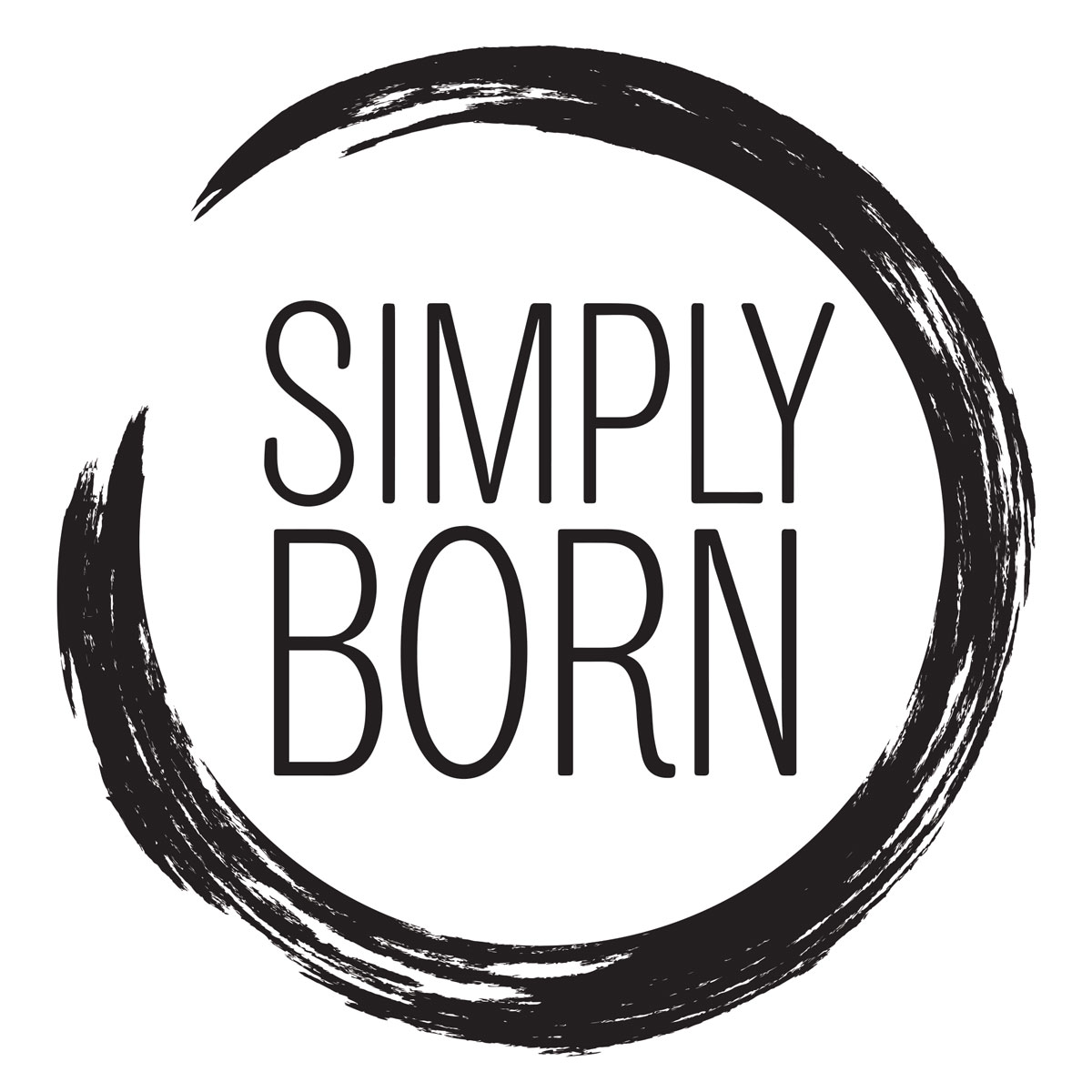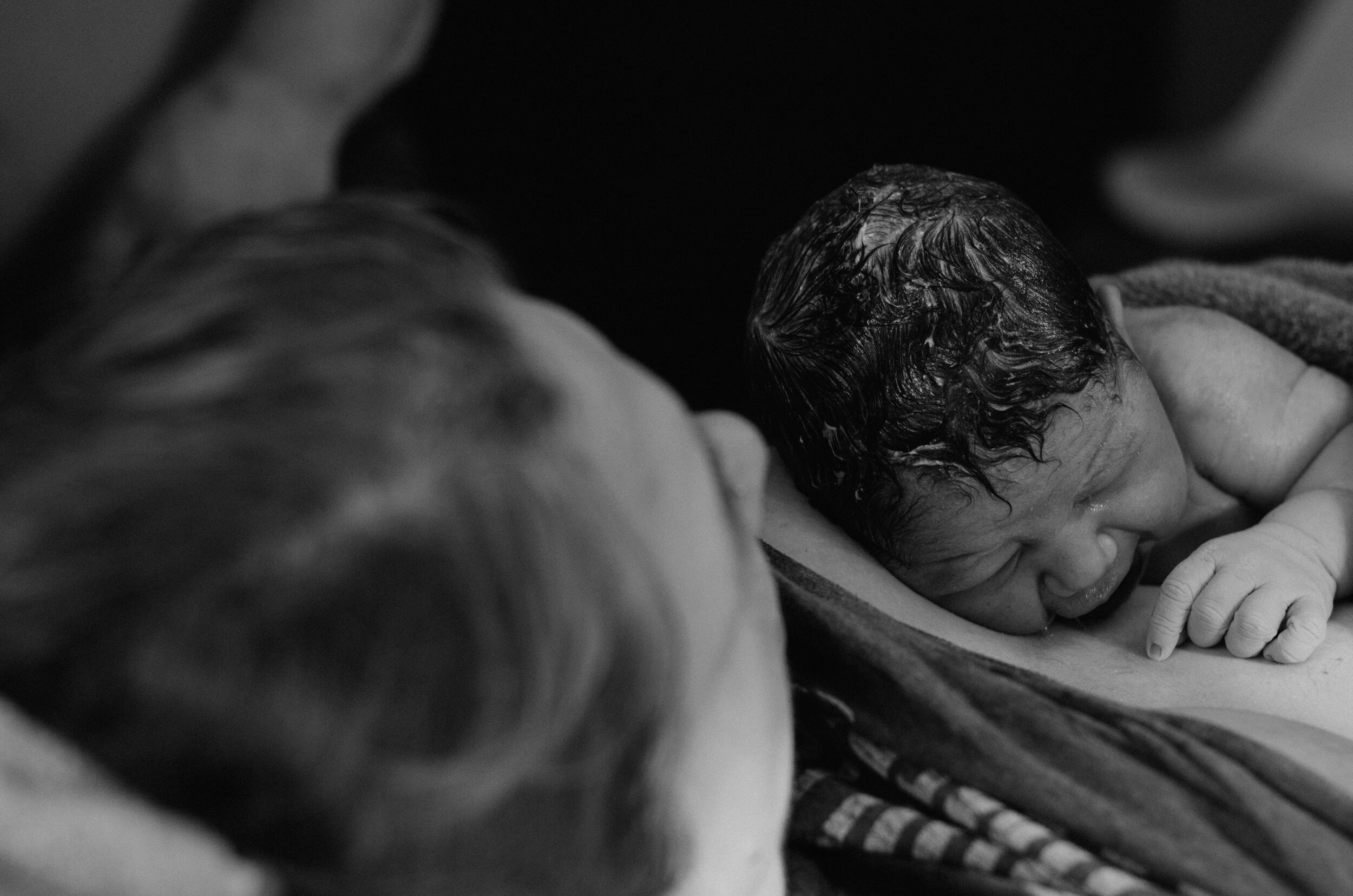What was once viewed as only natural to humans, is now marked as radical thinking, as parents around the world return to unmedicated, out of hospital birthing.
“But how will you ever manage without the epidural?!”
“Will I be able to handle the pain?”
These commonly asked questions spark stress and uncertainty in many, especially during the third trimester. In response to questions of this sort, we’ve compiled a list of tried and true pain management options you can add to your arsenal for labor and birth.
As your labor and birth approach, it’s important to think about what you shall place in the toolkit you will bring with you into birth. Consider what techniques have worked well for you when dealing with physical discomfort or hard physical work. If you gravitate towards a warm bath or hot water bottle to soothe menstrual cramps, then odds are you would benefit from heat and hydrotherapy during labor. Similarly the practice of meditation, and hypnotherapy to garner a different perspective of your “travaille” may resonate strongly with you. Whichever approaches work for you are the right ones, remember, there is no wrong way to support yourself in labor.
That being said, there will be physical discomfort that accompanies the birth of a child. Childbirth education classes are wonderful for sharing tools that can help you move through labor. The education you receive in these classes will best prepare you for what to expect and ways to be supported through labor.
Pain Management Options
Hands-on
Massage
Pro - can assist in the release of muscular tension, mental relaxation and physical connection
Con - birthing parent may not desire touch during labor and birth
Counterpressure
Pro - useful while pelvis is opening, useful for back labor
Con - birthing parent may not want to be touched during labor and birth
Heat
Pro - increases circulation, pain relief
Con - avoid prolonged exposure to high heat of any form
Cold Compress
Pro - reduces inflammation and swelling, can feel soothing, useful especially during active and pushing phases
Con - avoid prolonged exposure to cold temperatures of any form
Hydrotherapy
Pro - allows the body and muscles to release and relax, heat provides pain relief, great for active labor
Con - spending a long time in the tub increases risk of tearing and can pose challenges during delivery and/or resuscitation
Chiropractic
Pro - helpful when misalignments are slowing the progress of labor
Con - birthing parent may not want to be touched during labor and birth
Doula support
Pro - an extra support person to assist with physical and mental aspects of labor, able to provide hands on physical support and motivation, advocate for the birthing parent
Con - none
Movement
Position changes
Pro - regularly shifting positions allows for alternating restful and progressive positions, also allows the pelvis to open and shift fetal position
Con- none
Walking
Pro - movement allows pelvis to open and shift fetal position
Con - none
Rebozo
Pro - added support for resting positions, movement to encourage fetal position changes
Con - none
Rest
Hydration & sustenance
Pro - maintains energy and prevents exhaustion
Con- none
Sleep
Pro - prevents exhaustion and gets you through the early stages
Con - none
Mind Over Matter
Essential oils
Pro - easy to use, catered to your specific preferences, diffused or mixed in massage oils
Con - facilities will not furnish these for you, client must provide specific products they wish to use and their own diffuser, not suitable for those with aroma sensitivities
Meditation
Pro - can allow you to rest during early labor, is done solo
Con - needs to be an established practice before onset of labor
Hypnotherapy
Pro - can be done solo or with a partner
Con - needs to be practiced in the prenatal period so you understand the techniques prior to labor
Breathing techniques
Pro - easy to pick up during labor, solo or partnered work, useful to stop hyperventilation
Con - some methods are helpful to have practiced in the prenatal period
Medical Approach
TENS unit
Pro - no known side effects, useful for back labor, non-invasive
Con - cannot be used while in the tub
Medications to promote rest and sleep
Pro- allows mind and body to relax to facilitate sleep and reduce exhaustion, anti-inflammatory
Con- medical intervention, can have opposite reaction to medication (energy and anxiety)
Sterile water injections
Pro - effective for back labor
Con - painful administration
If you have any questions about the discussed techniques for pain management, please reach out to your midwife or medical provider for more information!













